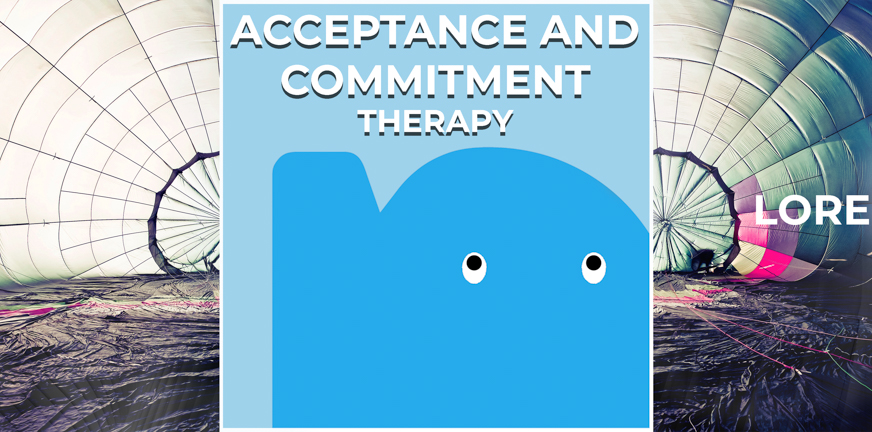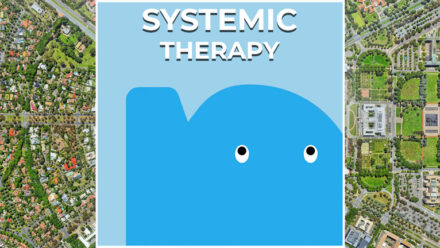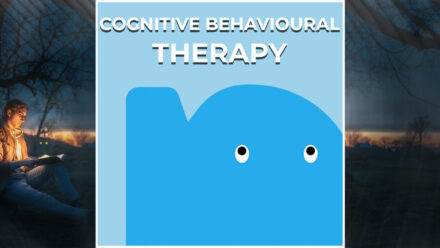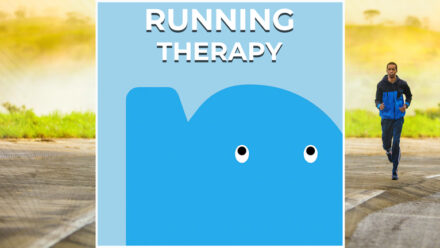
Acceptance and Commitment Therapy (ACT) is a new type of behaviour therapy suitable for various problems such as anxiety, depression and psychosis. The objective of ACT is to stop the pointless fight against unpleasant thoughts, emotions and bodily sensations. Accepting them as a fact of life, enables you to focus on the things that truly matter to you.
The Acceptance part of ACT teaches you to create room for unpleasant emotions (acceptance), by putting a healthy distance between you and unpleasant thoughts (cognitive defusion). To consider who you are (self as context), and to live more in the here and now (being in the present).
The Commitment part teaches you to think about the things in life that are truly important to you (values). And to start actively investing your time and energy in these matters again (committed action). This way you develop personal resilience which enables you to handle life’s challenges.
ACT can be done in the form of group training (typically eight sessions), group therapy or individual therapy. But you can also get to work with ACT exercises yourself! The exercises below are very suitable for the different stages of psychosis and recovery.
Initial problems
When the first problems arise and are still mild, it is especially important to actively focus on them. You can do this through various Here and Now exercises (like the body scan). It is important that you do not suppress or avoid your problems during this stage, but simply allow yourself to have the experience. Suppressing it often backfires (you might be fine for a little while, but it soon hits you twice as hard).
Because the problems are still relatively mild in this initial stage, you will have enough freedom to stay active and do things. Commitment exercises (setting goals) can help you to stay active and keep doing things that you feel are important.
Exercises: Body scan
Being overwhelmed by your problems
When the initial problems have gotten worse, your mind is now racing and you feel a lot of negative emotions. At this stage, it is very important to stay present in the Here and Now as much as possible. Exercises that let you focus on your senses can help not to lose yourself in unpleasant thoughts and feelings. You can also actively involve your senses during tasks that you normally do automatically, by focusing on what you truly see, hear and smell. This helps to keep you from being completely swept away by your problems. Grounding exercises are also recommended.
Exercises: Being present
Struggling with your experiences
At this stage, you are having considerable difficulties with unpleasant thoughts and feelings, but still feel you have some room to work on them. We tend to suppress our negative feelings, and sometimes this does work for a little while, but often they only come back to you even harder. With acceptance exercises, you can train yourself to stop struggling against your negative feelings, but instead pay extra attention to them. Then you learn to put some distance between you and the unpleasant thoughts, by doing so-called defusion exercises.
This will make you realise that you are not your thoughts and feelings. You are only having them. Thoughts and feelings come and go over time, but you as a person remain. You are more than just your problems. You as a person are not the problem, but only having problems. And that is okay.
Exercises: Dealing with bad feelings through defusion
Leftover problems
At this point you are still having a few leftover problems, but these have faded into the background. And thus you have enough space to start investing in your life again. During this stage, it is important to consider what things in life are truly important to you, by reflecting on your values. Then you can use these values as a compass, to decide in what direction you want to go and start with activities that match your own values. Time to ACT!
You are now living your life again! Of course, unpleasant thoughts or feelings can always return on your path. But now you know how to deal with them by using acceptance and defusion techniques.




